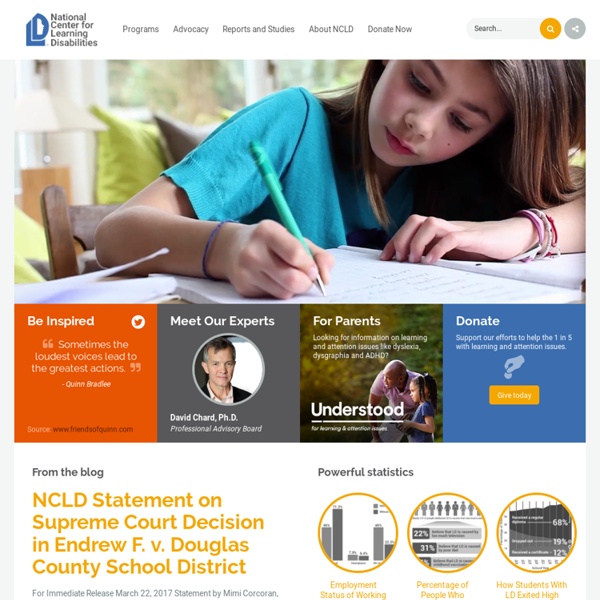



Teacher Express The Power Elite Thomas Dye, a political scientist, and his students have been studying the upper echelons of leadership in America since 1972. These "top positions" encompassed the posts with the authority to run programs and activities of major political, economic, legal, educational, cultural, scientific, and civic institutions. The occupants of these offices, Dye's investigators found, control half of the nation's industrial, communications, transportation, and banking assets, and two-thirds of all insurance assets. In addition, they direct about 40 percent of the resources of private foundations and 50 percent of university endowments. Furthermore, less than 250 people hold the most influential posts in the executive, legislative, and judicial branches of the federal government, while approximately 200 men and women run the three major television networks and most of the national newspaper chains. Characteristics of the Power Elite According to C. Top Command Posts. Shared Attitudes and Beliefs.
Response to Intervention Home | Learning Disabilities Association of America Wrightslaw Special Education Law and Advocacy 100 Awesome Blogs for History Junkies | Best Colleges Online Posted on Wednesday September 10, 2008 by Staff Writers By Britney Wilkins If you’re a history junkie, you surely know by now that the Internet is a great tool for finding information. But did you know that blogs are some of the most useful resources out there? Here you’ll find blogs about periods in history, genealogy, war, and lots more. Periods Read about specific periods, like the Victorian era and the American Revolution on these history blogs. Cardinal Wolsey’s Today in History : Read Cardinal Wolsey’s blog for thoughts on Tudor, medieval, and early-modern history. Art These blogs highlight the history of fine art. Dracula vs. War Read these blogs if you’re interested in the Civil War, soldiers, and World Wars. Civil War History : Read Civil War History to learn about the Civil War, as well as new developments in Civil War history. Day in History These blogs offer a daily look at historical events and people. Religion Read about historical churches and church history in these blogs. Genealogy
Study Skills Once you have established a schedule to study you need to get the most out of that time. Several things will help increase your effectiveness. As already mentioned, maintaining a regular schedule is one. Another is creating a comfortable environment for studying that is free of distractions. Finally there is the What and How of studying. A. Generally all the material that you should know for an exam is presented in lecture or in your lab work. DO NOT take this to imply that you do not need to read the text. Note: Different instructors utilize textbook information to different degrees. If it is discussed in lecture it is important. There is no single "best" way to study. The following is a compilation of many of the techniques used by successful students to study. 1. 2. don't try to write everything that is said, just note enough to remind yourself what was discussed (your notes should be clear to you but not necessarily to anyone else). 3. 4. 5. 6. 7. 8. 9. 10.
Knotebooks - Anyone can contribute. Everyone can learn. Tech&Learning Magazine March 31,2014 An independent study, published in theInternational Journal of Evaluation andResearch in Education and sponsored by theSchool Improvement Network, shows a directlink between professional development andgains in student achievement. More » The Flipped Learning Network recentlyreleased the following “Four Pillars” thatteachers must incorporate to create a“Flipped Learning” experience: More » President Obama’s new ConnectED initiatives hasthe following goals: More » Google’s annual science fair, the largest online science fair in the world, will beopen to students ages 13-18 worldwide through May 12. More » We call this generation of learners digital citizens More » Amplify ELA DigitalCurriculum More » March 28,2014 Belkin’s Stage App combines the convenience of adocument camera with the power of an interactivewhiteboard. More »
File:Plutchik-wheel.svg - Wikipedia, the free encyclopedia Cancel Edit Delete Preview revert Text of the note (may include Wiki markup) Could not save your note (edit conflict or other problem). Please copy the text in the edit box below and insert it manually by editing this page. Upon submitting the note will be published multi-licensed under the terms of the CC-BY-SA-3.0 license and of the GFDL, versions 1.2, 1.3, or any later version. See our terms of use for more details. Add a note Draw a rectangle onto the image above (press the left mouse button, then drag and release). Save To modify annotations, your browser needs to have the XMLHttpRequest object. [[MediaWiki talk:Gadget-ImageAnnotator.js|Adding image note]]$1 [[MediaWiki talk:Gadget-ImageAnnotator.js|Changing image note]]$1 [[MediaWiki talk:Gadget-ImageAnnotator.js|Removing image note]]$1
Accommodations and Modifications Accommodations, modifications, and alternative assessments may be necessary for a special needs child to succeed while working on materials for learning. A student who cannot read nor write at grade level may be able to understand and participate in discussions about material that is read aloud and taught at the child's age-appropriate level. A child who cannot recall basic number facts may be able to do grade-appropriate problems using a calculator or working with number facts chart. A student with cerebral palsy may be able to take part in modified physical education with special equipment and carefully chosen exercises. The terms accommodations and modification are frequently used interchangeably, but they are not identical in their effect on teaching and learning. Because IDEA is a federal law, it primarily guarantees an appropriate, free, public education. Accommodations offer alternative ways for students to acquire information or share what they have learned with you.
Mathway: Math Problem Solver
This website is for the National Center for Learning Disabilities and they are advocates for students with them. In addition to offering support, they offer an extensive look into learning disabilities so that parents can have a more clear understanding of what they are, the different types and symptoms, and how o customize their child's learning so that it works for them. by tishaynna Feb 25